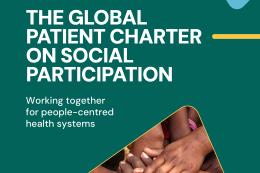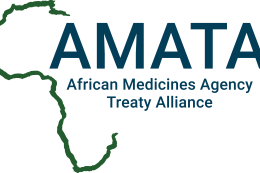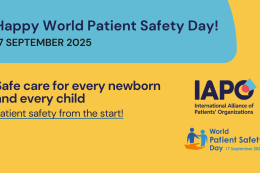An African perspective of patient empowerment

According to the Alma-ata declaration: “The people have the right and duty to participate individually and collectively in the planning and implementation of their health care”. The Patient is the focus of all health care delivery. Sadly, patient empowerment is a neglected topic in the health care system in most of our communities in Nigeria and Africa. The patient most often is not considered an equal partner in the health care system.
Africa has just 3% of the global doctors, but carries 25% of global disease conditions, an example is viral hepatitis a leading killer and high burdened disease in Africa. Africa has over 60 million persons living with chronic hepatitis disease conditions.
The (weak) health care system in most of our communities is structured to rely 100% on Doctors and other health professional’s decision and performance, leaving out the patient’s views, perspectives, role, expertise and engagement.
In Nigeria, over 20 million people are living with chronic hepatitis. Majority of these patients lack access to quality health care due to the high cost of diagnostics and treatment in the country. There is gross lack of information, and low awareness among health professionals, policy makers, the patient community and general population. Majority of the patients lack access to quality information about their disease conditions, management and treatment. They rely on health professionals for such vital information.
Patient empowerment could lead to better and quality health outcomes in Nigeria and Africa. The starting-point of empowerment is the patient. It starts when an individual patient realizes the need to self-manage his/her care in the context of personal goals, values and situation.
Barriers from the patient’s perspective needs to be removed. We need to look at the patient’s perspective to health care and self-management of his/her conditions. Typically, from the patient’s perspective the barriers include: a sense of helplessness, low self-esteem, strong perception that staff were too busy to answer questions; the fear of being a burden on the system; and the feeling that it was inappropriate to question the information given by health professionals.
Empowerment occurs when patients are actually making autonomous, informed decisions about their self-management, and this cannot happen when there is limited or no access to information. Empowerment is a highly information-driven process which could benefit from developments in technology; currently, in Nigeria and most African societies solutions are lagging behind technological developments. Empowerment is also a matter of building patient’s self-confidence, knowledge and learning skills. Patients should have access to information: The right information must be available in the right amount and at the right time; using a graduated approach, from the most basic information to the most complex, it must be accurate, comprehensive, understandable, transparent, consistent and evidence based.
Self-management is a key aspect of patient empowerment, including the use of innovative tools such as eHealth and mHealth in supporting patients as they manage chronic conditions in daily life. It will also ensure that patients are educated and kept informed throughout their journey.
In Taraba state, Nigeria, Chagro-Care Trust (CCT) and Center for Initiative and Development (CFID) have created a platform for patient’s empowerment through the formation of Taraba Hepatitis Support Group, a patient’s mobile help line, and holding weekly Hepatitis Patient’s Group counseling and Support group meetings, with the aim of increasing knowledge of patients about viral hepatitis, disease progression and management. We work with health professionals to give patients information they need about hepatitis, HIV/AIDS and other chronic diseases, to help them make informed decisions about adherence, treatment and healthy living thereby improving health outcomes and health systems in our communities.
Centre For Initiative and Development (CFID) is a platform for “idea generation, dissemination and training in specific fields of human development” for NGOs in Taraba state, Nigeria.



